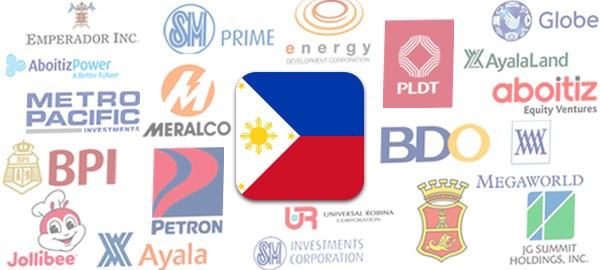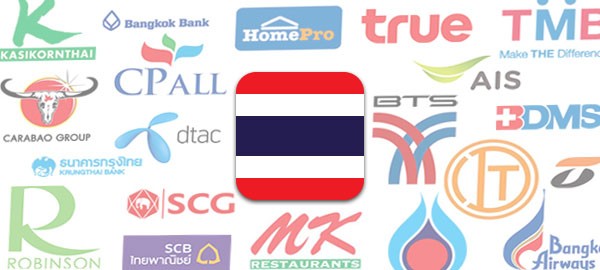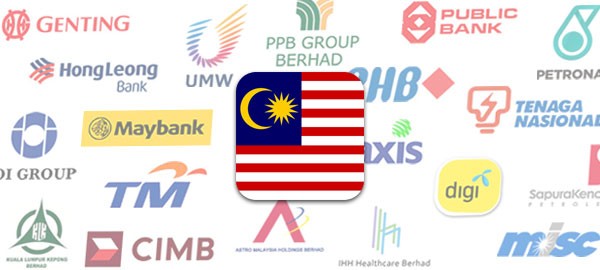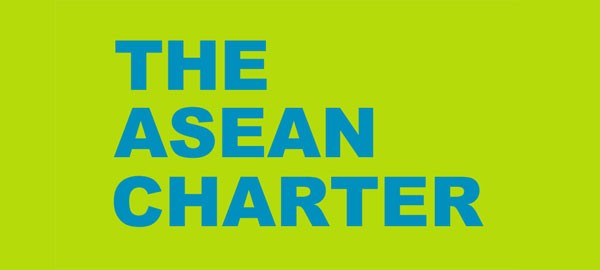Category: Business tools & tips
-
![Guide to taxes in Thailand [brackets-incentives]](https://aseanup.com/wp-content/uploads/2016/04/Thailand-taxes-600x270.jpg)
Guide to taxes in Thailand [brackets-incentives]
Thailand is a country with rather low taxes: a low corporate income tax, a progressive income tax and a low VAT that make the country attractive for business. Some other taxes and specific regulations are also applied to particular key sectors such as transport, banking and finance or real estate.
-
![Vietnam Salary Guide 2016 [report]](https://aseanup.com/wp-content/uploads/2014/11/Vietnam-salary-guide-2016-600x270.jpg)
Vietnam Salary Guide 2016 [report]
For companies looking for staff or professionals planning their next career move, being well informed on the salaries compensating a particular skill set and experience is critical. To this end, here are details on salaries rewarding several jobs positions in various sectors of the Vietnamese jobs market.
-

Top 30 companies from the Philippines’ PSEi
The 30 largest corporations of the Philippines weigh very heavily in the country’s economy, and further, in Southeast Asia and the world. Together forming the PSEi index, the main stock index of the country, they have been regrouped in this handy list that presents each company and its activities, together with useful links.
-
![Guide to taxes in Cambodia [brackets-incentives]](https://aseanup.com/wp-content/uploads/2016/03/Cambodia-taxes-600x270.jpg)
Guide to taxes in Cambodia [brackets-incentives]
Cambodia is a business-friendly country, with a progressive but low income tax, a low corporate income tax and low equivalent to VAT which make it attractive for work and business. Other taxes are also in the lower range, further enabling professionals and companies to consider Cambodia for their operations.
-
![Guide to taxes in Singapore [brackets-incentives]](https://aseanup.com/wp-content/uploads/2016/02/Singapore-taxes-600x270.jpg)
Guide to taxes in Singapore [brackets-incentives]
Taxes in Singapore are part of what makes it one of the best places to do business. With a simple and clear system of low corporate tax, personal income and goods and services tax (VAT), Singapore is attractive for most businesses. Several schemes further alleviate taxes for companies, fostering the pro-business environment even further.
-

Top 50 companies from Thailand’s SET50
The 50 largest public listed companies of Thailand, components of the SET50 index, are important actors in the economy of Thailand, Southeast Asia and beyond. With a brief presentation, sector, and logo of each company, this useful list provides information and links to the company’s website and its stock quote.
-
![Guide to taxes in Indonesia [brackets-incentives]](https://aseanup.com/wp-content/uploads/2016/01/Indonesia-taxes-600x270.jpg)
Guide to taxes in Indonesia [brackets-incentives]
Taxes in Indonesia are comparable to other ASEAN countries and attractive to the rest of the world. With low corporate income tax and VAT, a low but progressive personal income, Indonesian taxes are business-friendly. Some tax incentives also exist to push the growth of certain key industries for the nation.
-
![Guide to taxes in Malaysia [brackets-incentives]](https://aseanup.com/wp-content/uploads/2015/12/Malaysia-taxes-600x270.jpg)
Guide to taxes in Malaysia [brackets-incentives]
Compared to many countries, Malaysia is rather tax-friendly, with a progressive but low income tax, a low corporate income tax and low equivalent to VAT which make it attractive for work and business. Several incentives are also in place to help further companies in certain key industries.
-
![Guide to taxes in Brunei [brackets-incentives]](https://aseanup.com/wp-content/uploads/2015/11/Brunei-taxes-600x270.jpg)
Guide to taxes in Brunei [brackets-incentives]
The tax regime of Brunei is generally considered to be very accommodating compared to many other countries: corporate taxes rates are rather low, and no valued added or personal income tax are levied. Some special regimes are however applied in particular cases and industries, such as the oil and gas sector.
-

Top 30 companies from Malaysia’s KLCI
Aggregated in Malaysia’s FBM KLCI index – the main stock index of Malaysia -, the 30 largest public listed companies individually and collectively influence heavily the economy of Malaysia, Southeast Asia, and the world. This handy list presents these economic giants and their activities, together with useful links.
-

Guide to doing business in Myanmar
Myanmar is the new frontier for business in Southeast Asia. A large and populated country just opening its doors to foreign companies and investors, Myanmar is rich with opportunities in many sectors. However, Myanmar also presents several technical and legal challenges to be managed and overcome by new comers.
-

The ASEAN charter
Recognizing the achievements of ASEAN since its foundation on 8 August 1967, the 10 members of ASEAN have entered into the new common legal framework of the “ASEAN Charter” on 15 December 2008.